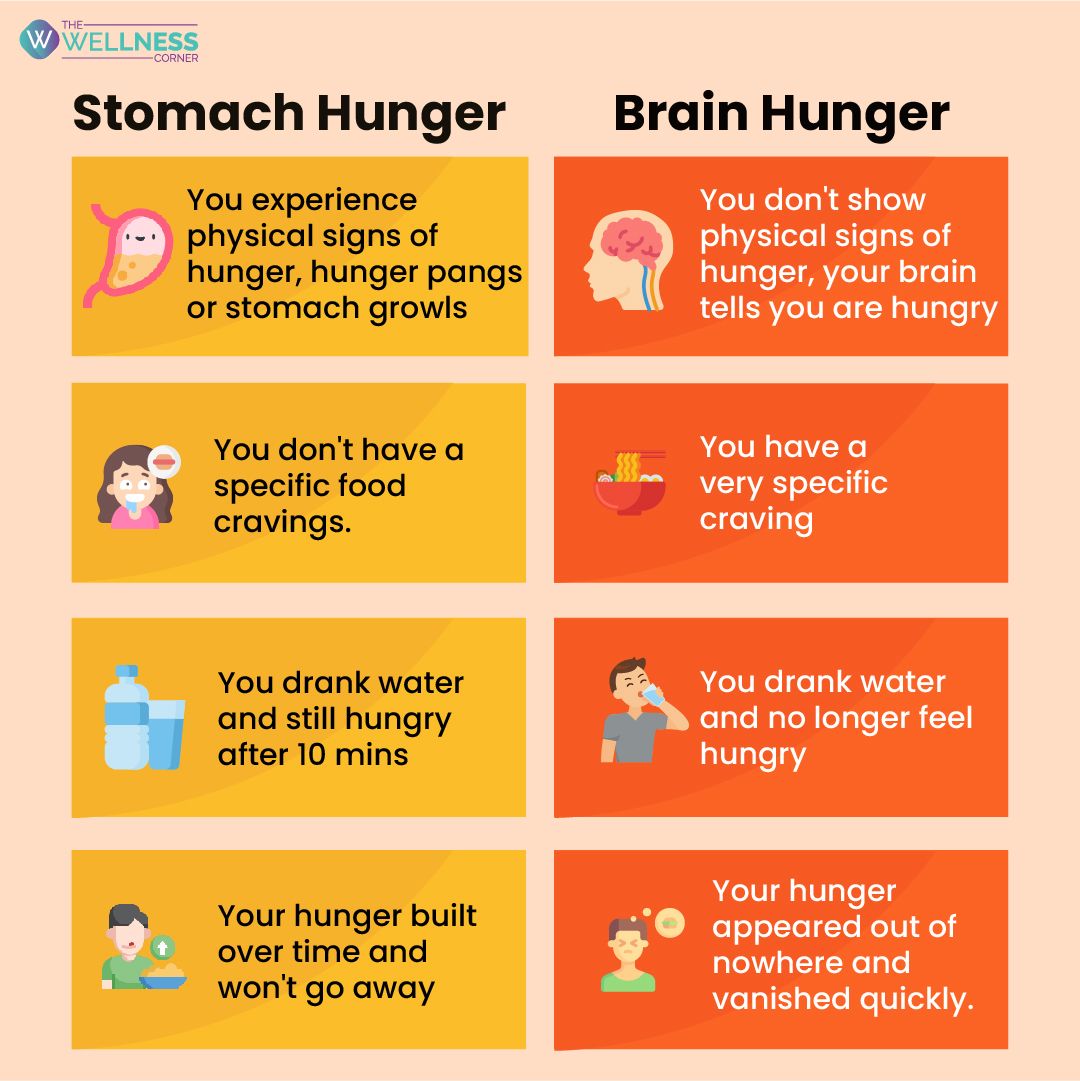Why You Experience Headaches on an Empty Stomach?
27 months ago
4 minute read.

Rushed breakfasts, missed lunches, and late-night dinners have become all too common. But what we might not realize is that these irregular meal habits can take a toll on our gut health, leading to problems like headaches, gas, and acidity.
You're in the middle of an important project, racing against the clock, and you skip lunch. Your stomach growls in protest, but you ignore it. By the time evening rolls around, your stomach is really upset. It feels like a pressure cooker about to burst, and it gives you a bad headache, makes lots of gassy sounds, and even makes your chest feel like it's on fire. Sounds familiar, doesn't it?

How does mealtime affect gut health?
Our digestive system operates on a finely tuned schedule. When we eat at irregular intervals, we disrupt this rhythm, leading to various gut-related issues. Here's how irregular mealtimes affect your gut health:
- Impaired digestion: The body secretes digestive enzymes and acids at specific times, anticipating meals. Irregular eating can confuse your body, resulting in incomplete digestion and discomfort.
- Hormonal imbalance: Meal timing also influences the release of hormones like insulin and ghrelin, which control hunger and blood sugar levels. Irregular meals can lead to hormonal imbalances, causing fluctuations or drop in blood sugar levels.
- Overeating or undereating: Irregular meal patterns can lead to overeating during the next meal to compensate for missed ones or undereating because you're not hungry when you should be.
- Indigestion: Delayed or skipped meals can cause indigestion, characterized by symptoms like bloating, gas, and acidity. It in turn, can lead to headaches as your body struggles to process the food properly.
Also check: What’s the best time to have meals?

Symptoms of hunger headaches
Hunger headaches, often caused by low blood sugar due to irregular eating patterns, typically manifest with:
- Frontal head pain: Most commonly, aching pain in the front of the head that may extend to both sides.
- Mild nausea: A sense of queasiness or mild stomach discomfort.
- Muscle tension: Tension and tightness in the neck or shoulder muscles.
For those experiencing low blood sugar headaches, additional symptoms may include:
- Abdominal discomfort
- Dizziness
- Fatigue
- Perspiration
If you frequently encounter these symptoms, it's advisable to establish a more regular eating schedule to help stabilize blood sugar levels. In case these headaches persist or worsen, seeking medical advice is recommended.

Managing your eating habits to prevent indigestion symptoms
- Establish a routine: Try to eat at the same times each day. Consistency helps regulate your body's digestive processes, promoting better gut health.
- Prioritize breakfast: Breakfast is the most important meal of the day. Skipping it can lead to overeating later on and disrupt your digestive rhythm.
- Opt for balanced meals: Aim for balanced meals that include protein, fiber, and healthy fats. Avoid overindulging or consuming large meals too close to bedtime.
- Stay hydrated: Proper hydration is crucial for digestion. However, avoid excessive water intake immediately before or after meals, as it can dilute digestive enzymes.
- Mindful eating: Savor each bite to practice mindful eating. Eating slowly can help you in better digestion of food.
Prevention of hunger headaches
- Regular meal timing: The primary prevention for hunger headaches is to eat regular meals and snacks at consistent intervals. Avoid skipping meals, especially breakfast.
- Balanced diet: Include a variety of foods in your diet, focusing on complex carbohydrates, lean protein, and healthy fats. This balanced approach helps maintain steady blood sugar levels.
- Portion control: Avoid overeating, as large meals can lead to spikes and crashes in blood sugar. Opt for smaller, more frequent meals.
- Hydration: Drink plenty of water throughout the day, as dehydration can exacerbate hunger headaches.
- Avoid excessive caffeine: Limit your caffeine intake, as it can lead to increased thirst and potentially exacerbate dehydration.
- Limit sugary foods: High-sugar foods can cause rapid fluctuations in blood sugar levels. Minimize your consumption of sugary snacks and beverages.
- Monitor alcohol: Alcohol can affect blood sugar levels. Consume it in moderation and consider eating healthy snacks when drinking to help stabilize blood sugar.
- Listen to your body: If you feel hungry, eat a nutritious meal or snack instead of waiting until the headache sets in.
Also check: Yoga for headache & migraine relief
Conclusion
Irregular mealtimes may appear inconsequential, but their impact on gut health is far-reaching, often resulting in uncomfortable symptoms like headaches, gas, and acidity. To prevent these issues, it's essential to establish a regular eating routine, select balanced meals, and practice mindful eating. If you do experience indigestion symptoms, turn to these remedies for relief. Remember, if your symptoms persist or worsen, consult a healthcare professional for a proper diagnosis and treatment plan. Prioritizing your gut health through healthy eating habits is a fundamental step toward overall well-being and vitality.
Leave a Comment
Related Articles
Health Checks @ Home
Service
Explore
© 2026 Truworth Health Technologies Pvt. Ltd.





